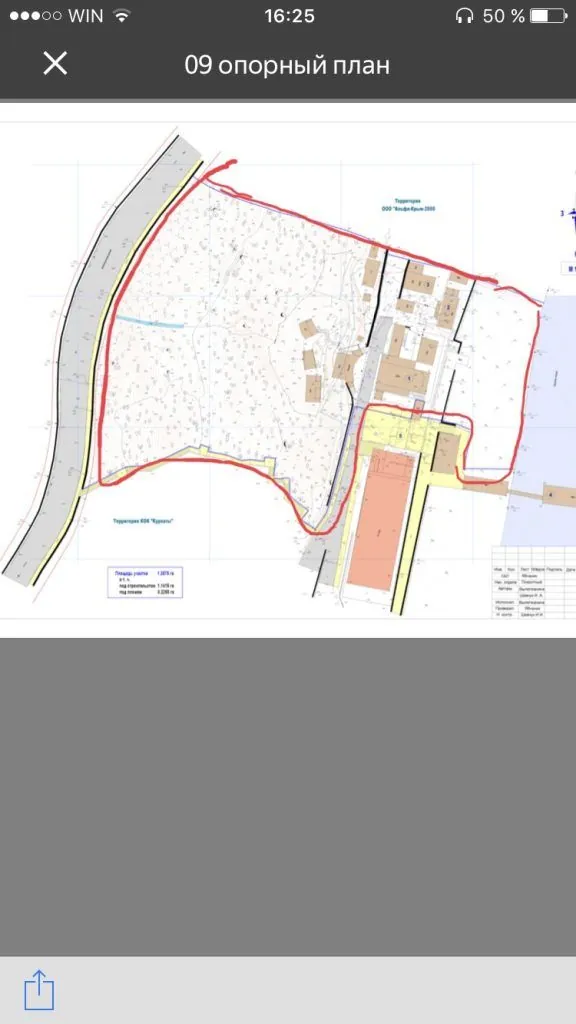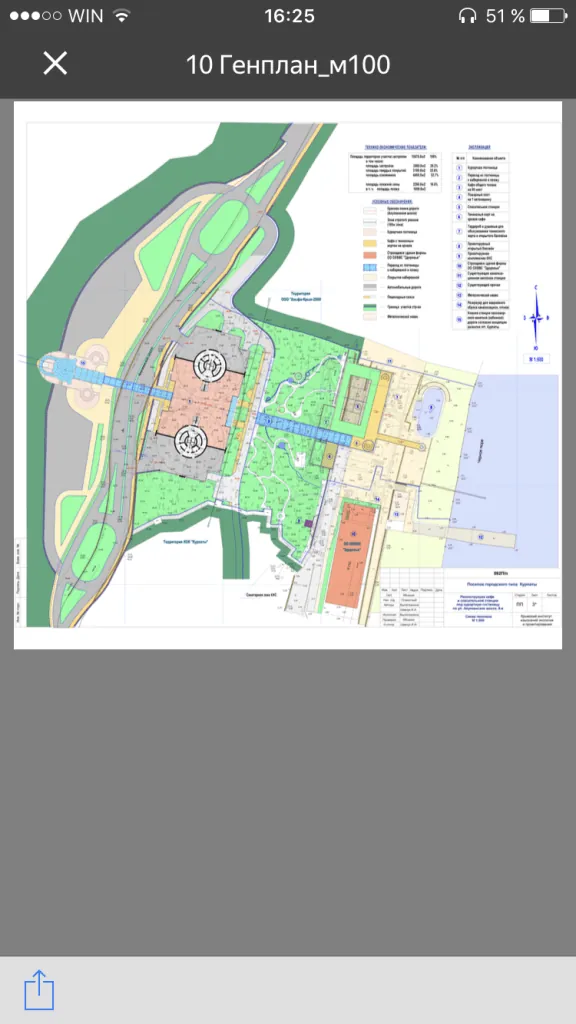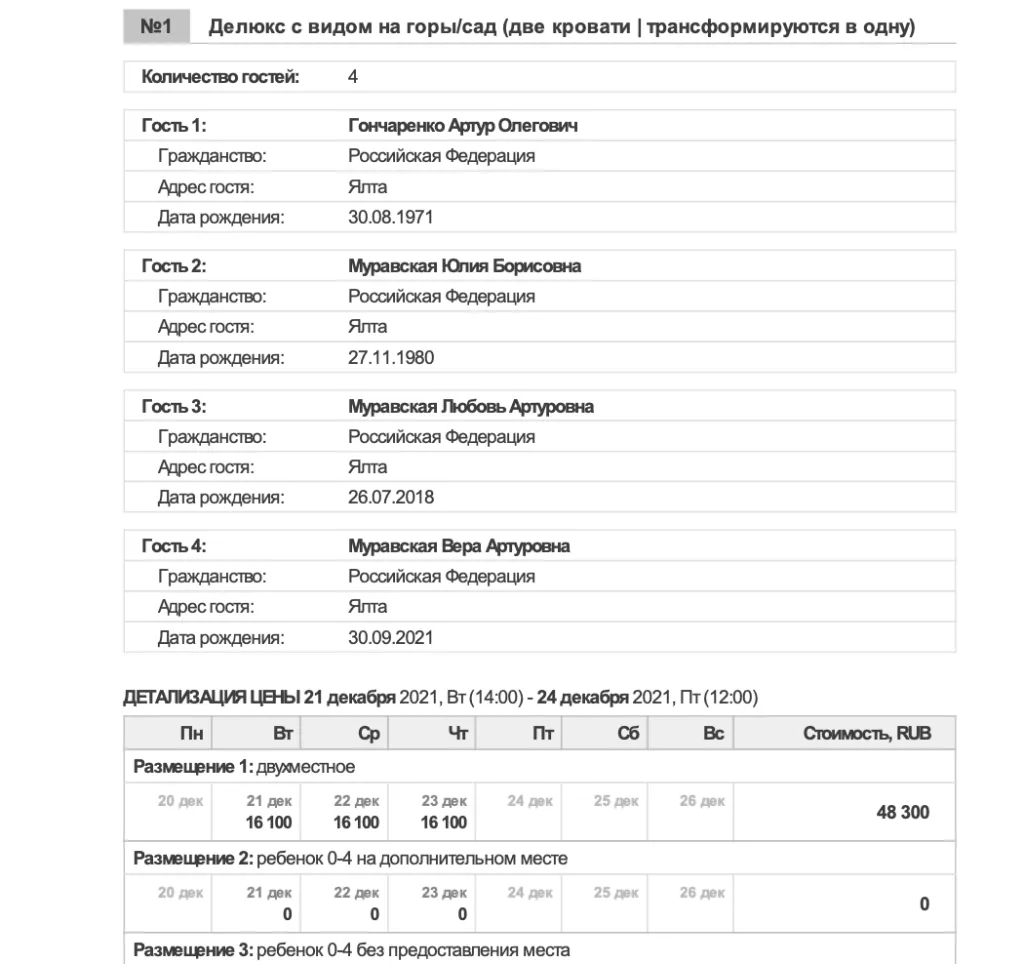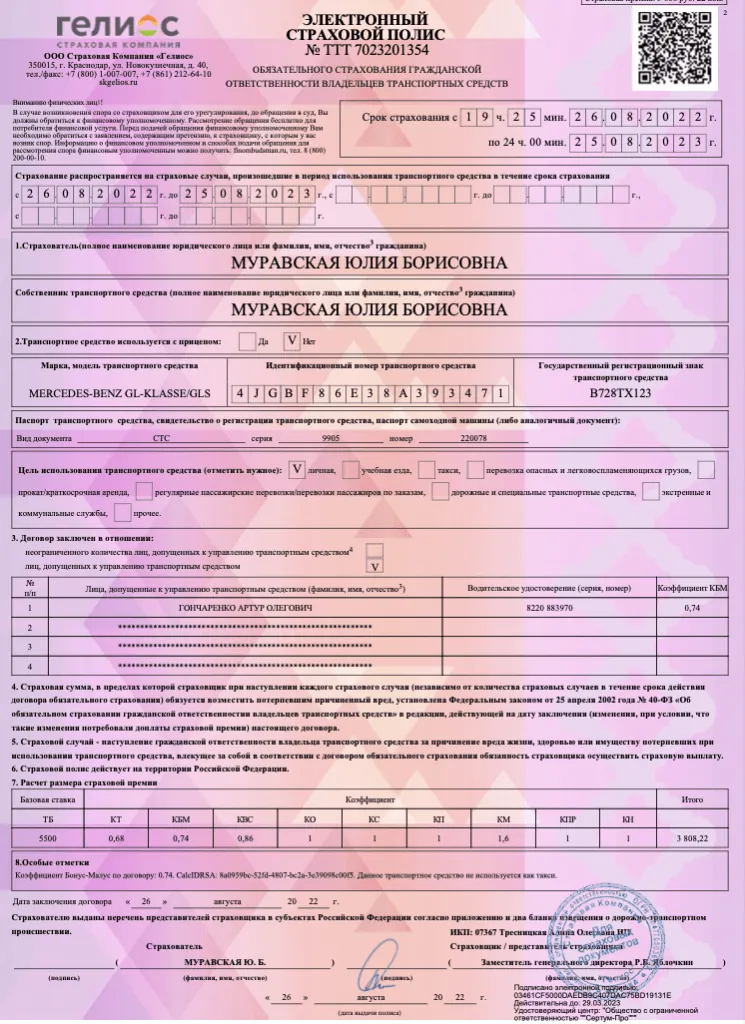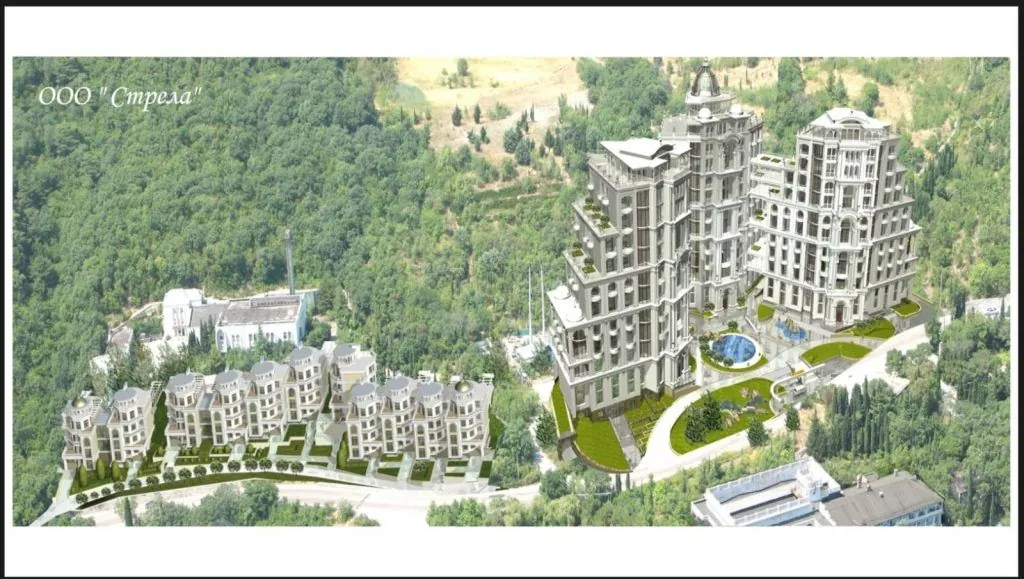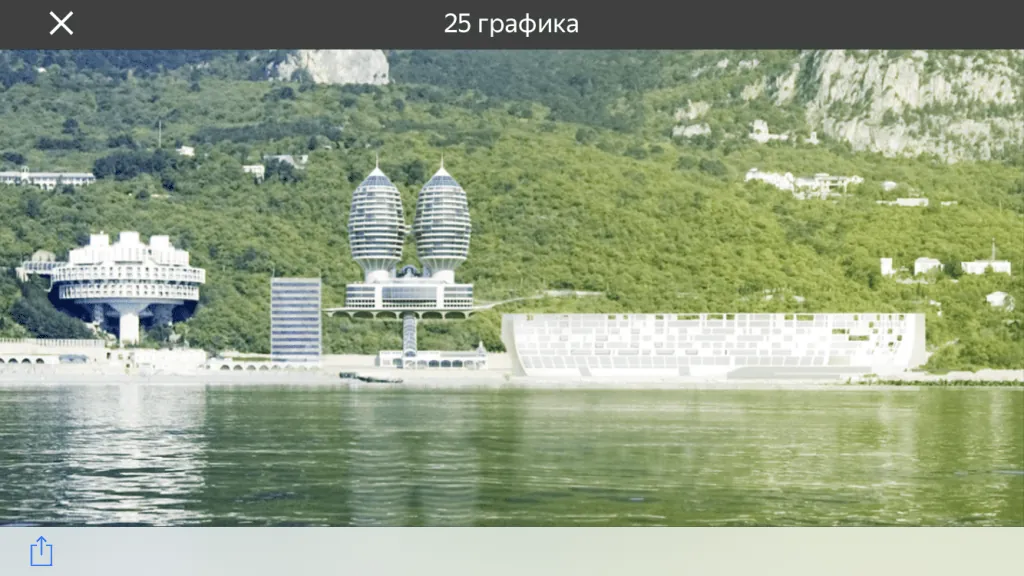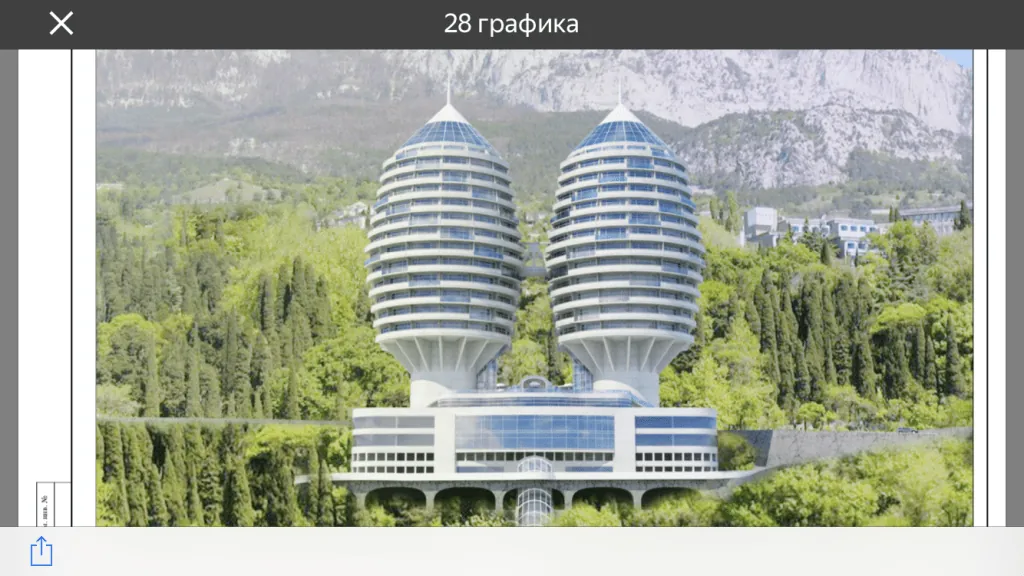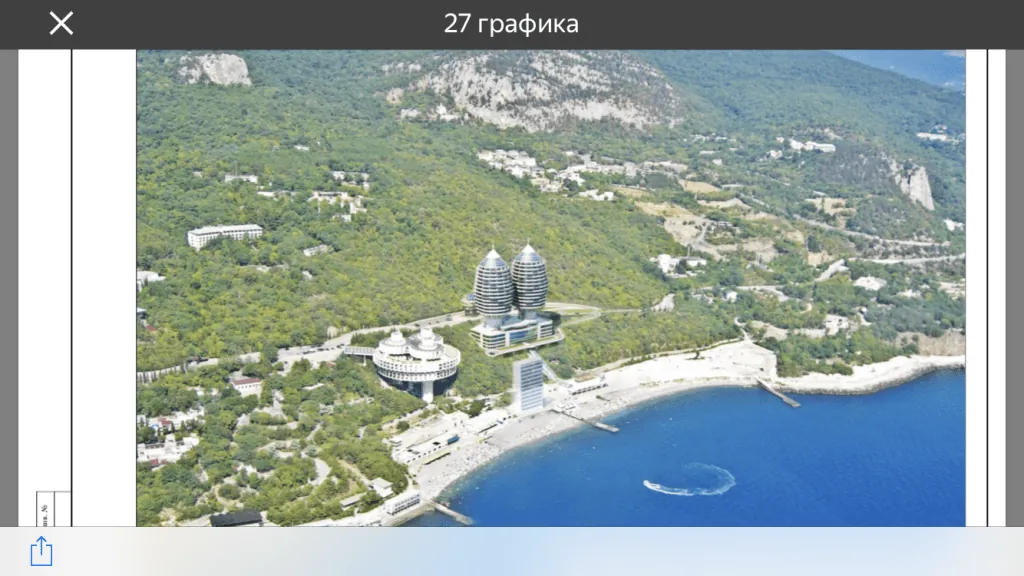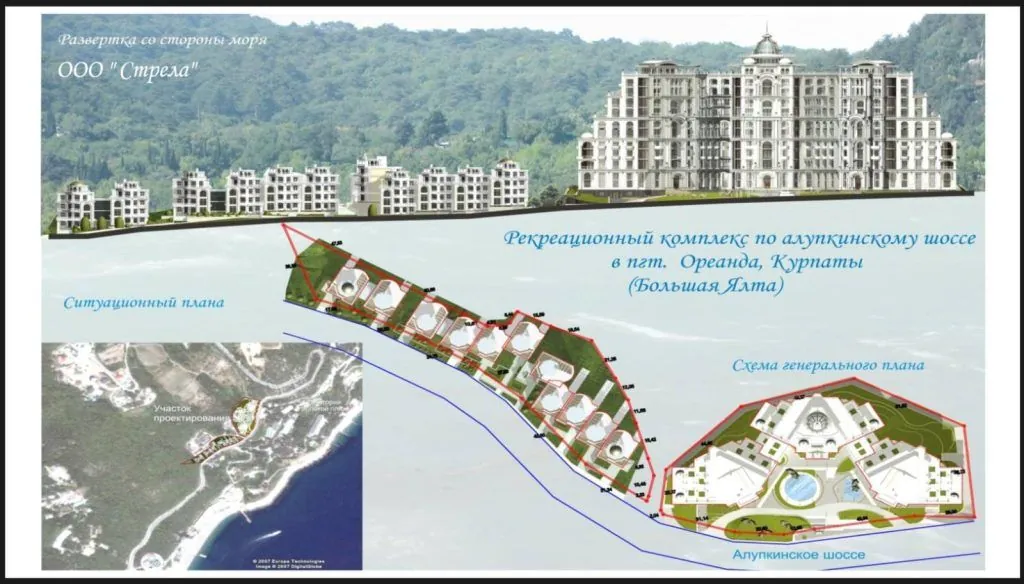The famous beach of Big Yalta is being given for construction to the son of the head of the Russian Ministry of Internal Affairs: the National Resistance Center has learned the details
Kyiv • UNN
Collaborators of the Russian occupation authorities in Crimea are planning to build up one of the most famous beaches of Big Yalta, Golden Beach, in the interests of the son of the Russian Interior Minister Vladimir Kolokoltsev, violating environmental standards and depriving local residents of access to natural resources.

"Friends" of Crimea's governor Sergei Aksyonov are going to give one of the most famous beaches of Big Yalta and the adjacent green zone for construction to pay off the occupiers for violating criminal "concepts," UNN reports with reference to the Center for National Resistance.
Recently, a special chatbot of the CNS, which collects information about the crimes and activities of the occupiers and their accomplices, received a message about the intensification of plans to build up one of the iconic plots of land in Greater Yalta.
The Center undertook to verify the facts and documents provided. It turned out that this story demonstrates not only the attitude of the current Crimean "elite" to the natural resources of the peninsula and its inhabitants, but also a very specific level of relations within the occupation administration.
"They are going to build up the Golden Beach. They have raised old projects and are now fumbling with permits. Artur Goncharenko is organizing all this work. He is a friend of Aksyonov and ex-mayor of Yalta Rostenko, who does not formally have a position, but everyone knows that he "decides" on land issues," the Center received a message of approximately this content from a chatbot user. It was also accompanied by several screenshots with plans of the territory.
According to the labels on the images, it can be determined that this is the territory of the Golden Beach sanatorium, which was located in the village of Kurpaty in Greater Yalta. Although this is the most expensive land in Crimea, the territory has been abandoned since the 1990s.
They tried to privatize it, there were plans to build it, but this was not realized due to long court proceedings. By the way, Russia tried to use this fact in its propaganda against Ukraine. The Russians positioned themselves as "guardians of the national heritage.
However, it seems that the "national treasure" can still be used for private purposes. This was established thanks to documents sent by people who cared about Artur Honcharenko.
Goncharenko after the occupation of Crimea, he became a collaborator and assistant to Andriy Rostenko, the first Gauleiter of Yalta during the occupation.
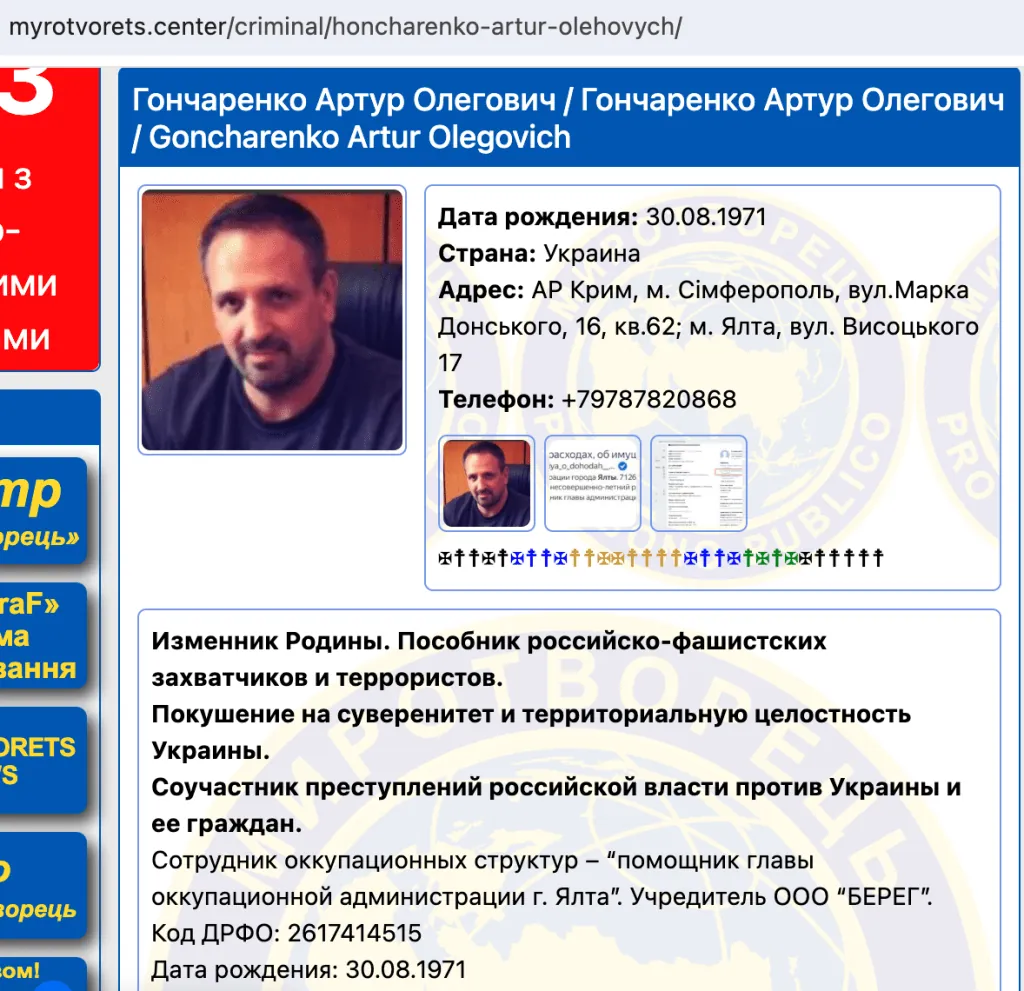
Subsequently, Rostenko had an unfortunate episode in his relations with more serious officials. He lost his job and even spent some time in a pre-trial detention center on charges related to land fraud. Goncharenko then resigned from his official position along with his boss, and now he is officially unemployed.
This status does not prevent him from driving a Mercedes GL class, which, however, is registered in the name of his wife with a different surname, Yulia Muravskaya. He also enjoys vacationing with his family in prestigious hotels.
According to the Center, the solution to the mystery of the unemployed collaborator Goncharenko's surprising prosperity is simple: he is indeed still a shadowy intermediary in resolving certain land issues in the Yalta region.
Thanks to the help, we managed to find a lot of presentations and documents related to the development of various objects, issues of changing the designated purpose of land or reducing nature protection zones.
Most of the projects found are within the Greater Yalta area. There is also a presentation on the development of the Golden Beach. It shows that two towers and another high-rise building are going to be built directly in the coastal zone, next to another well-known sanatorium, Kurpaty, which is recognized for its unusual architecture.
Several LLCs of the same name are registered in Russia, but one of them is located in Moscow, on Letnikovskaya Street. The head of the company is a certain Artem Korotkikh, but the founder is Aleksandr Vladimirovich Kolokoltsev. This is none other than the son of Vladimir Kolokoltsev, the head of the Russian Ministry of Internal Affairs. The younger Kolokoltsev, according to Russian media, once worked in the structure of the Ministry of Internal Affairs, but then left the civil service to go into business.
They also talked about their joint construction business with Korotko, who is a native of Donetsk and lived in Yalta for some time.
Now it is worth recounting the details of the story about the dismissal of Goncharenko and his boss Rostenko from the service in the "municipality" of Yalta. Rostenko was then accused of land fraud. In 2017, he quietly transferred the Alupka sanatorium from the "property" of the Russian Ministry of Internal Affairs to the "Republic of Crimea.
At the same time, they changed the purpose of the land from "sanatorium activities" to "development". But it seems that then Rostenko crossed the path of someone influential in Moscow. In 2018, he was detained in that case and even sent to a pre-trial detention center. However, he was released the same year.
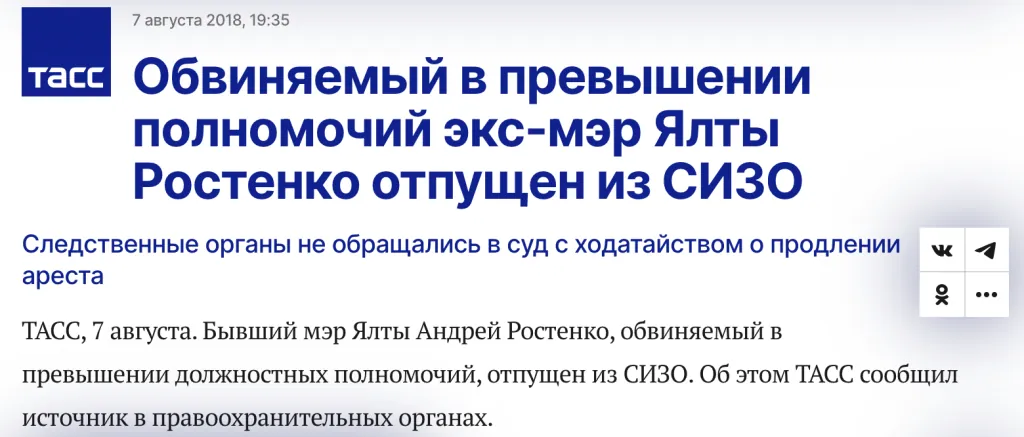
Later, the case was forgotten. Already in 2020, Rostenko was appointed to a new position in the occupation government - Deputy Minister of Culture of Crimea. At the same time, the personal documents of his assistant, Honcharenko, became more active, with many presentations and investment proposals.
The story of the plans to build the Golden Beach and the surrounding area demonstrates what happened. After "prevention" in the pre-trial detention center, Rostenko and Goncharenko are trying to "work off" their guilt in the interests of the clan of the head of the Russian Interior Ministry. To "repent for their sins" Kolokoltsev's son is given one of the most expensive plots of land available in Crimea for construction. The fate of ordinary Crimeans and their access to the natural resources of the peninsula is not important to the occupiers and collaborators.
